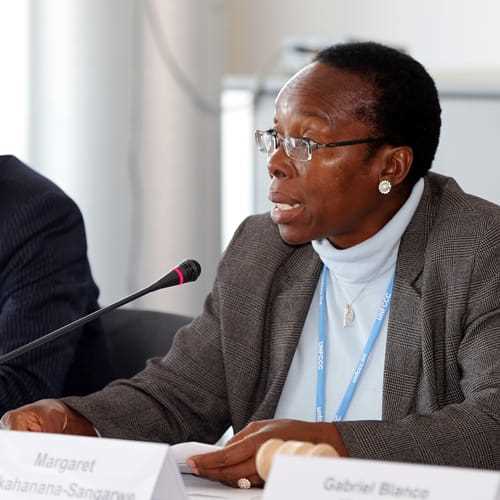Zimbabwe’s national literacy rate has fallen to 93.7 percent from 96 percent in 2012, figures from the 2022 National Population and Housing Census Education Preliminary Report reveal.
Literacy, according to ZimStat, refers to the ability to read and write with understanding in any language. Generally, any person who is aged 15 years and above and attended school up to Grade Three level is considered literate.
The major reason for the drop is that 2022 figures are drawn from the age of four years in line with the amendment to the Education Act which stipulates that a child starts school in the Early Childhood Education (ECD) A level, which showed that of a total of 13 466 067 persons, 94.1 percent fall in the ever-attended school category while 5.3 percent of these had never attended school. The other bit, 0,6 percent, was not known.
Of the current 93,7 national literacy rate, with 97.1 percent domiciled in urban areas while 91.3 percent are in rural areas, reflecting that illiteracy is higher in rural as opposed to urban areas, with financial constraints raking high up on the reason for failing to go to school.
Of the national total, 95.2 are males while 92.4 percent are females.
In the 2012 Population Census, figures were drawn from the age of three years and showed that the national literacy rate by sex was 96 for females and 97 for males, giving a national average of 96 percent.
Related Stories
The 2008 Population Census, according to the United Nations Population Fund (UNFPA), showed that the national literacy rate was almost 100 percent owing to government’s policy of free and compulsory education for the first 11 years of school.
In the provincial analysis of the current national literacy rate, Harare Province has the highest at 97.5 percent while Matabeleland North Province has the lowest at 91.1 percent.
Government has proposed to introduce a phased free primary education policy starting next year as part of the government’s efforts to ensure education for all, with learners from underprivileged communities expected to be the first beneficiaries of the State-funded basic education programme.
Director of Communications and Advocacy in the Ministry of Primary and Secondary Education Mr Taungana Ndoro said plans were in place for the realization of the roll out, without elaborating.
“Yes, plans are in place for that realization,” he said.
The roll-out of State-funded education was informed by provisions of Section 27 of the Constitution, which enjoins the State to “take all practical measures to promote free compulsory basic education for children”.




















Leave Comments